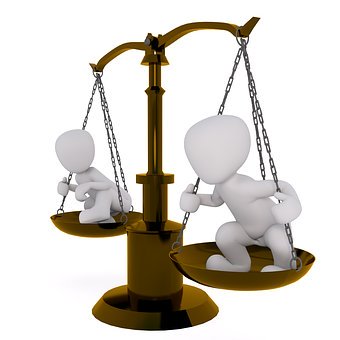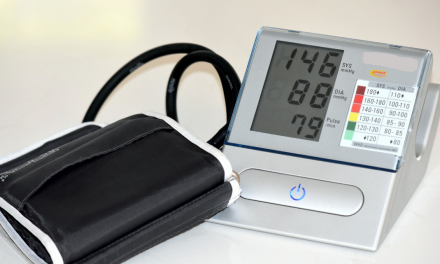When we lose weight, our hunger hormone (ghrelin) goes up and our fullness hormones go down, all of which result in a raging appetite. Our metabolism also slows down, because our body thinks there is a ‘famine’, and wants us to conserve energy so that we will survive. It is these defense mechanisms, ingrained in us over the course of evolution, that make it so hard to maintain weight loss.
Today’s question: Is there any difference in how hard it is to keep weight off lost by dietary strategies, vs weight lost through exercise?
An excellent review addresses this question. Here are some key points:
- Energy expenditure (burn) is reduced by about 15 calories per kg of weight loss. This reduction in energy burn persists long term and is likely permanent.
- Appetite goes up after weight loss due to changes in fullness and hunger hormones; this appears to be a long term effect as well.
- Our feeling of satisfaction (called ‘food reward’) increases when calorie intake is restricted, and our sense of smell improves as well – thus tuning us into more enjoyment of food (which drives us to eat more).
- After weight loss, studies show that we do compensate by eating more, such that for every 1 kg (2lb) of weight loss, there is an increased drive to eat about 100 calories per day more compared to before the weight loss intervention. Thus, as weight goes down, there is an increased drive to eat more (and more!) to offset the weight loss.
- The longer that energy intake is restricted, the greater the food intake to compensate.
- During caloric (dietary) restriction, most of the data also supports that there is a reduction in physical activity as well.
- With exercise induced weight loss, there appears to be an even greater drive to eat to regain weight, which gets stronger with longer durations of exercise-induced weight loss. There may also be a decrease in energy burned during regular daily activities, called NEAT (non exercise activity thermogenesis). Think about it this way – on a day you work out, you may be more inclined to spend time chilling out on the couch rather than cleaning your house.
The summary of all this is that when we lose weight, our physiology is doing everything possible to make us regain weight, including increasing appetite, enhancing enjoyment of food, slowing our metabolism, and making us less inclined to be active in our daily life. These are long term, sustained changes in our physiology. The longer we maintain weight lost, the harder it is to resist these energy compensation mechanisms. These changes happen regardless of whether the weight is lost through diet or exercise, though it may be more pronounced when weight loss is through exercise.
So what can we do about this?
When on a weight reduction plan, it is important to be aware of these physiologic changes, to understand and anticipate that appetite will go up. Be mindful of food intake (journaling is a great way to do this), so as to try not to engage in extra food intake. Be mindful of being active where you can, and not decreasing activity of daily life (as your physiology may want you to do). Be aware that these long term changes mean that a long term, permanent effort is required to fight them. Medications for weight management, and bariatric surgery, are two additional tools that can help to maintain weight loss.
Subscribe to my blog for weekly posts on related topics!
Follow me on twitter! @drsuepedersen
www.drsue.ca © 2021












